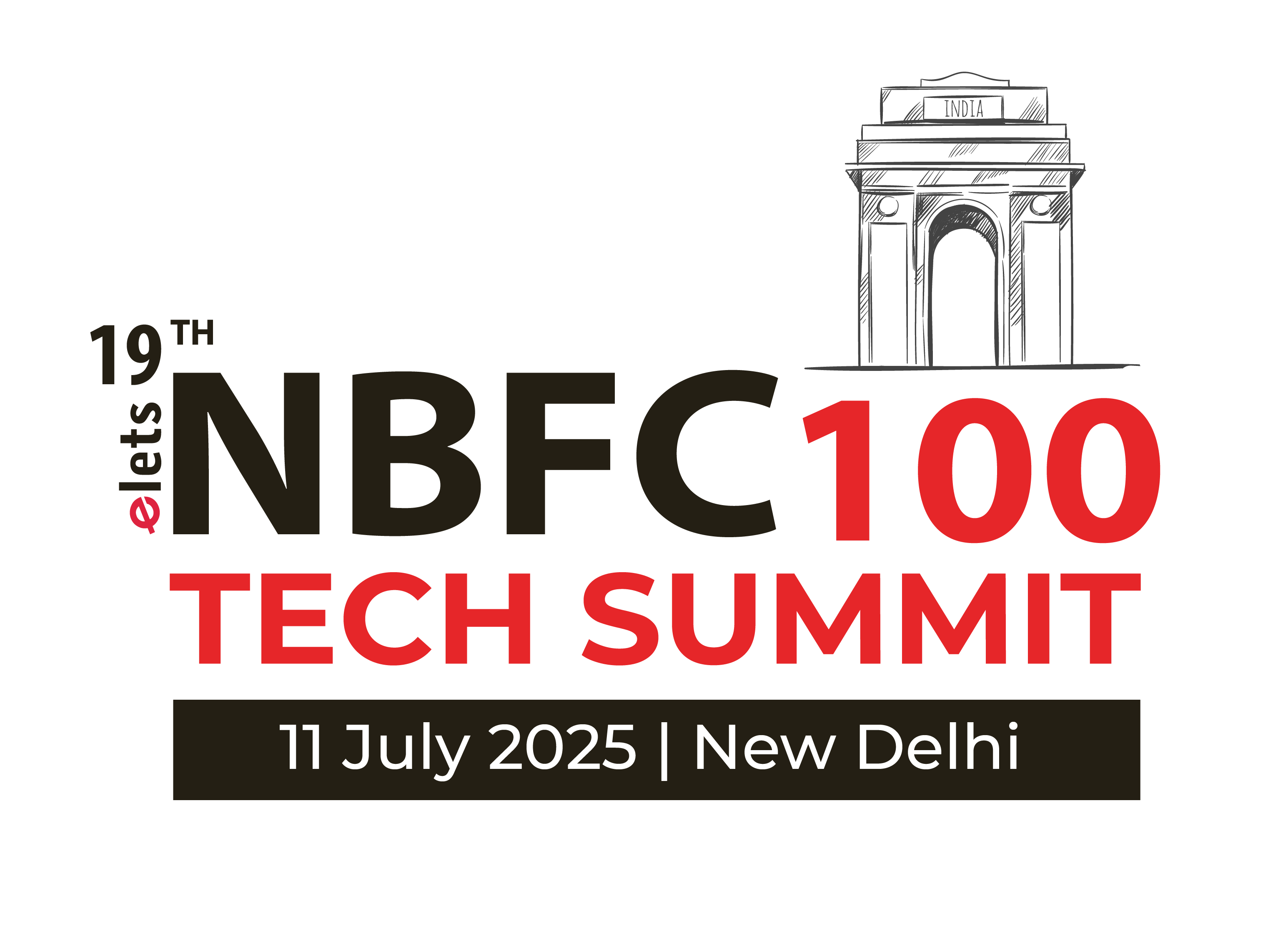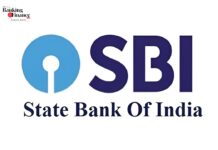Fintech-led embedded financing would be available with, which could lead to a better assessment of creditworthiness and streamlining loan approvals, shared Navin Saini, Chief Business Officer – Retail & MSME Lending, Arka Fincap Limited in an exclusive interaction with Srajan Agarwal of Elets News Network (ENN).
Can you elaborate on the key challenges you face in setting up the right distribution channels, both digital and physical branches? How are you balancing the traditional branch model with the growing digital banking trend to ensure widespread and efficient reach to your target customers?
The diverse and dynamic nature of the Indian market makes it challenging for any lending institution to set up the right distribution channel. Some of the key challenges faced are:
- Diverse demographics across geographies, including several languages, cultural differences, and varying user preferences among urban and semi- urban customers.
- The availability of technology infrastructure, mainly mobile and Internet connectivity along with cybersecurity to safeguard transaction and customer data
- Managing operating expenses is completely different for a physical branch setup compared to a digital platform. The former naturally increases the investment, as a physical setup and expenses to manage the day-to-day operations are required.
At Arka, we have always taken the ‘High-Touch’ and ‘High-Tech’ approach to reaching our customers. As we select the locations for our branches, we ensure that we remain closer to the MSME clusters of that city/ state, enabling them to reach us physically if they want to.
After the initial handshake, our customer onboarding journey is completely digital, streamlining workflows, reducing manual errors, and accelerating task completion, resulting in a more agile and responsive business environment. This has allowed us to maximise our reach and go deeper into the MSME clusters we currently operate in.
Can you discuss the specific approaches and tools you are utilising, such as scorecard-backed and analytics-driven models, to assess creditworthiness and manage risks in the Retail, SME, and MSME segments? How do these models differentiate Arka Fincap in the competitive NBFC landscape?
From the initial stage of product design itself, Arka has adopted a customer-first approach for MSMEs. To achieve this, we have kept digitalisation and analytics at the centre of our design philosophy. We have scorecards to help underwriters make credit decisions and also decide on the pricing and loan amount.
We have extended our scorecards to make them account for manufacturing, services and trading segments and a few certain other industries and their nuances. The scorecards are continuously upgraded to account for bad rates. We also deploy competition scorecards which run parallelly as challengers and if the competition scorecard gives better results, we then replace the main score card rather than replacing them with the main score card.
With over 25 years of experience in the BFSI sector and having held leadership roles in renowned organisations like Aditya Birla Group, Standard Chartered Bank, and Barclays Bank, how has your diverse background shaped your strategy at Arka Fincap?
My experience working with diverse lending organisations, such as a Development Finance Institution, Private Sector banks, foreign banks, and Leading NBFCs, has helped shape my current strategy for choosing lending to the MSME segment as a primary focus for growth at Arka Fincap. MSMEs have been the bedrock of our country in terms of growth and contribution to the GDP, providing great potential to unlock lending opportunities.
Also Read | The Digital Lending Landscape: Unlocking Opportunities for MSMEs and Bridging the Financing Gap
I also realised that due to the constant and recurrent nature of the capital requirement for this segment, they are not averse to paying higher but are always looking for timely financing options. Hence for any lender to be able to become their choice, they have to ensure that the credit decision is expedited. This has led us to build a tech and analytics-backed customer journey where we endeavour to inform them about the loan appraisal decision as soon as possible. Also, we believe in proactively contacting MSME customers to offer them pre-approved loans at the click of a button.
Having experience working with start-ups and established brands, what are the unique challenges and advantages of scaling up the business at Arka Fincap? How do you leverage your experience to navigate the complexities of scaling up while ensuring operational efficiency and customer satisfaction?
My experience working at startups has helped me strategise with frugal resources, focus on efficiency and make the optimum use of technology. This has led us at Arka to work with some of the best system architectures, which are inexpensive to build and maintain. It has also given me the courage to experiment and fail fast, leading us to work with some of the industry’s best new product structures, policies and customer journeys. The experience of working with large organisations has helped me look at the big picture and make key strategic decisions.
As we scale up at Arka, this proves very valuable because it allows us to make decisions quickly, correct course when necessary, and ensure that the metrics do not deteriorate as we multiply in people, location, or book size. Efficiency and customer satisfaction always remain at the centre stage as we build customer journeys, eliminating unnecessary steps or providing customised loan solutions to customers.
Given your core strength in MSME & SME financing, what are the emerging trends and opportunities you foresee in this sector over the next five years? How is Arka Fincap positioning itself to capitalise on these trends, and what innovations can we expect from your team to support the growth and sustainability of MSMEs in India?
Some of the trends in the MSME Financing space we see are:
- Fintech-led embedded financing would be available with AI & ML, which could lead to better assessment of creditworthiness and streamlining loan approvals.
- Using alternative data could lead to much more improved credit assessment for MSMEs that lack traditional credit histories.
- E-commerce platforms such as ONDC would lead to better customer accessibility.
Also Read | Tech-Enabled NBFCs Empowering MSMEs with Supply Chain Financing Solutions
These trends would also provide a great opportunity for Arka to embed itself into some of the new-age tech platforms to not only get data insights but also provide real-time loan approvals to the MSMEs as they improve the business transaction volumes with the help of these platforms, which leads to increased capital requirement. If this requires us to collaborate and forge partnerships with the new-age fintechs, we shall be open to embracing them.
Elets The Banking and Finance Post Magazine has carved out a niche for itself in the crowded market with exclusive & unique content. Get in-depth insights on trend-setting innovations & transformation in the BFSI sector. Best offers for Print + Digital issues! Subscribe here➔ www.eletsonline.com/subscription/




















